Study Abroad Zanzibar: Swahili and Spice
For students, island’s east-west tapestry stirs cultural awakening
Dressed in a caftan and loosely arranged headscarf as she strolls Zanzibar’s Forodhani gardens, Grace Condon is a world away from home. But she is happy and relaxed in this far-flung place, snacking on fresh-grilled corn, horsing around with her little “brother,” and calling “Jambo” (hello) to friends as the sun sinks into the Indian Ocean and fishermen drag their dhows along the beach below. These are the balmy late July days after the rainy season, leading up to the monthlong fast of Ramadan, on Zanzibar, the east African archipelago that has become synonymous with the exotic.
Condon (COM’18) is one of seven students in BU’s 2015 Zanzibar: Swahili Language and Culture in East Africa Study Abroad program, here to live with host families and earn credits in Swahili, African identity, religion, and politics. But at the end of six weeks among the ancient baobabs, sultan’s fortresses, and colorful markets, they will have learned far more. For each student, in his or her own way, the gentle African hospitality they encounter and the intimacy of sharing part of the Islamic holy month make the program a lesson in cross-cultural empathy and respect in a time when both are sorely needed.
Wh
Ea
“It’s both part of its charm and its mystery how well Zanzibar conceals the encroachment of modernity,” says Quella. “The students have been completely open” to the more timeless aspects of their lodgings. Condon learned to use a squat toilet. Derek Hartnett (CAS’16) grew quickly accustomed to cold showers. In family and social gatherings the women students wore headscarves, and for the two weeks the BU students were there overlapping the month of Ramadan, although there was feasting after sundown, they adjusted to the dawn to dusk absence of meals and water (food was available during the day if they wanted it). And Condon and the other women say they came to understand that the occasional separation of genders diminished neither men nor women. The students also relaxed into the unhurried pace of island life, summed up in the local mantra pole, pole (slowly, slowly).
“It’s just as much a learning experience for our hosts as it is for us,” Hartnett says of his family, Hajji and Nahda Islam—both former professional basketball players—and their two sons, ages two and a half and four and a half, who tended to use Hartnett as a visiting jungle gym. “They appreciate that we respect their values and customs while we’re in their homes,” says cultural anthropology and African studies major Kasey Shultz (CAS’17), whose host parents took her on day trips to beach villages to visit relatives. The students almost all returned home daily for dinners of fresh curry and seemingly endless offerings of passion fruit, papaya, and the ubiquitous avocado, which is made into a creamy juice.
Birthplace of Swahili
For a small place, Zanzibar not only packs a surprisingly global cultural punch, it is also considered the birthplace of Swahili, often called Kiswahili, the official language of Tanzania and the most widely spoken African language, followed by the Nigerian tongue, Hausa. Reflecting the influence of ancient Arab traders, the name Swahili itself comes from the Arabic word sawāḥil, which means “coastal dwellers.” All Swahili Study Abroad courses are taught at the Stone Town–based School of Kiswahili and Foreign Languages at SUZA, with separate classes for beginning, intermediate, and advanced speakers arranged in the shaded stone colonnade of a vast Moorish courtyard. As the only beginner and a last-minute addition to the group, Hartnett had an instructor to himself.
“They are very hard workers, but we also have fun,” says Kijakazi Omar Makame, head of the SUZA Swahili department. The program also includes a Student Language Partner Program that matches foreign students with Swahili-speaking students—rafikis—for honing their conversational skills. These blossomed into friendships. For at least six hours a week, the rafikis help students with homework, or take them to the market to chat with merchants. “They’re also really good people to ask stuff like, where do I get a light bulb,” says Quella. Students spend the rest of their spare time on group field trips and outings with their host families or meeting up with fellow students to sip spiced coffee and people-watch at the Stone Town Café or enjoy the sweeping views and breezes from rooftop cafes.
“The students see things they’ve never seen before, and they learn how different civilizations emerge,” says Idris Ahmada Rai, vice chancellor of SUZA, which has three campuses. “There was the daughter of a millionaire; we took her to the Masai. She learned much more than Swahili.” Rai says SUZA also offers a course for families interested in hosting. “They get certification and there’s a database so students can rate them,” he says. “This has been going on for over 30 years, so we have very experienced families, including many retired teachers.”
Th
Beyond academics: life lessons
妈
它
再保险
This Series
Also in
BU Abroad
-
March 20, 2017
Cuban Culture Shapes a Spring Break Trip
-
July 14, 2016
Sargent Students Witness Public Health in Thailand
-
March 8, 2012
BU Abroad: Arts in Ireland










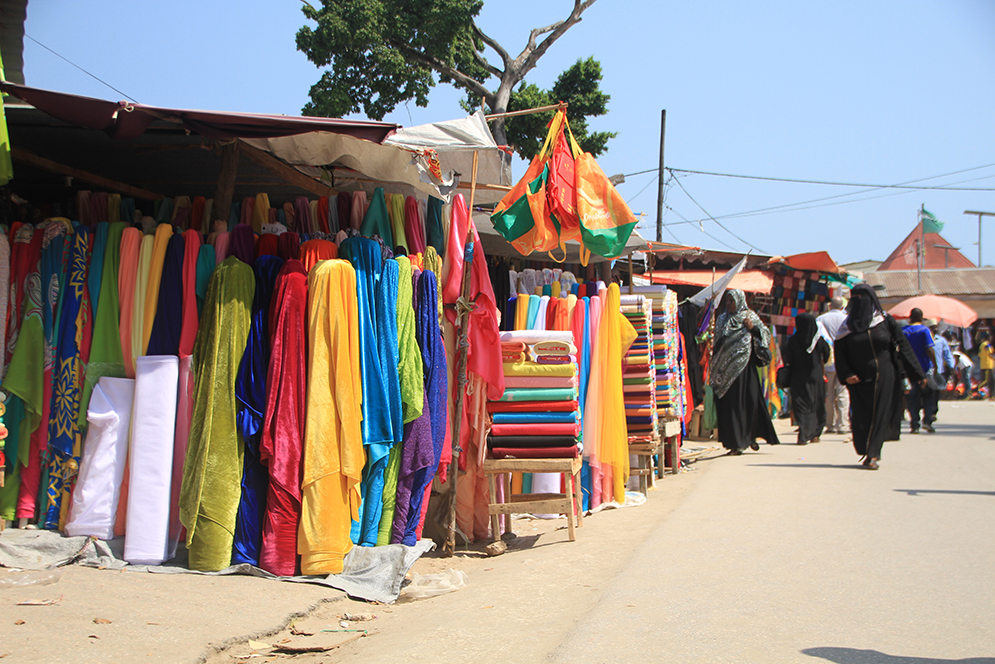



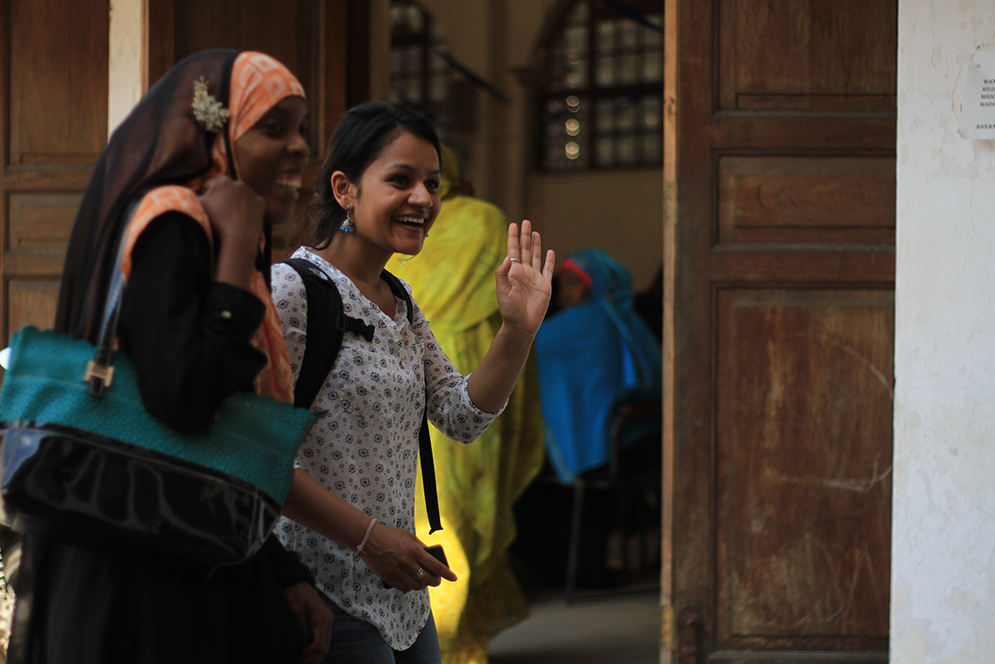

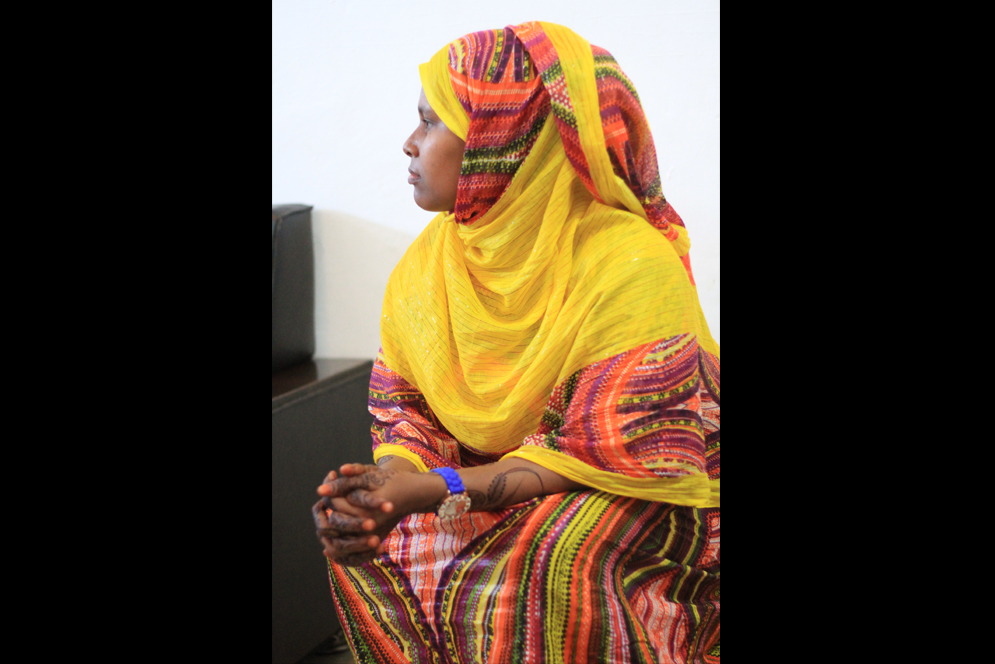
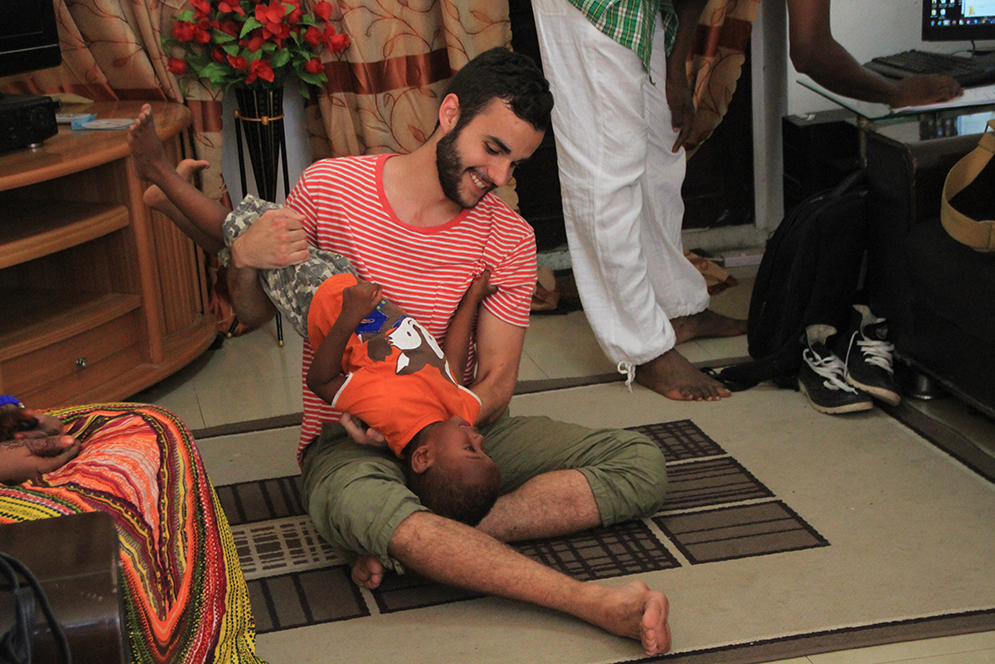
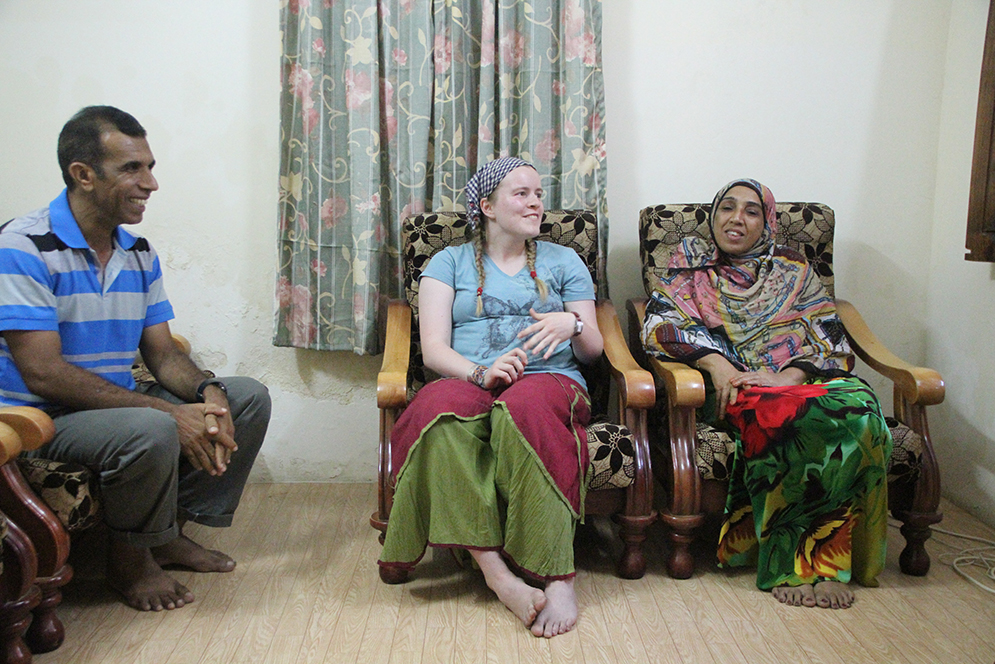







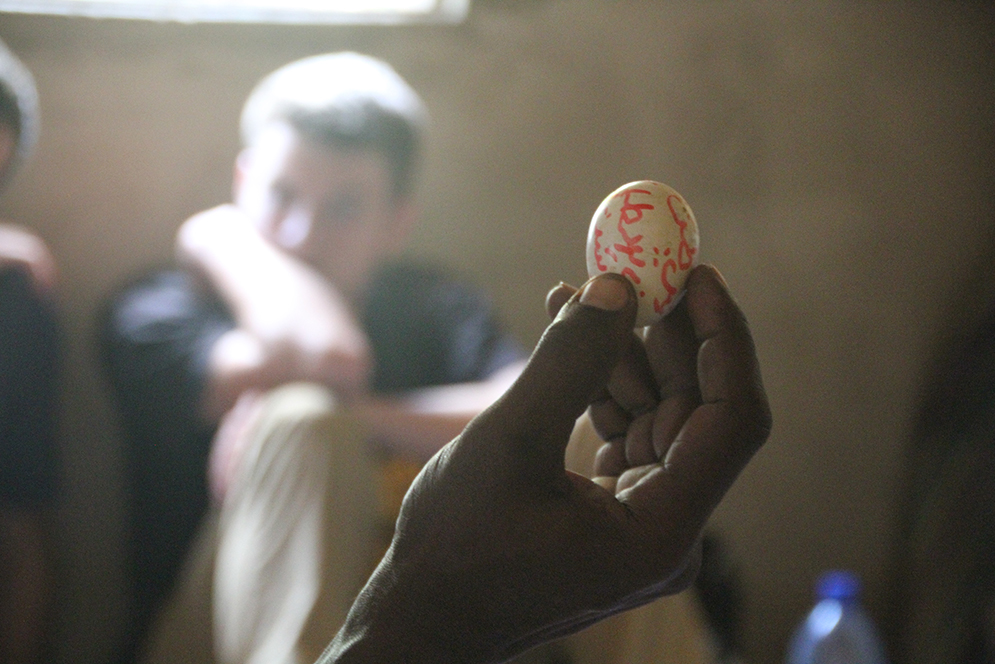
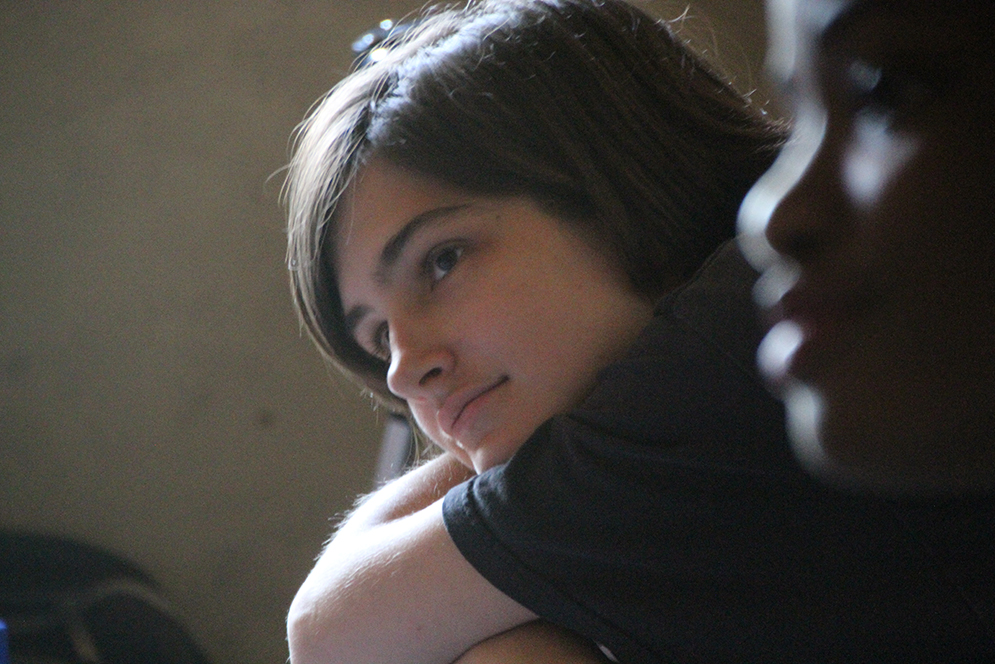

Comments & Discussion
Boston University moderates comments to facilitate an informed, substantive, civil conversation. Abusive, profane, self-promotional, misleading, incoherent or off-topic comments will be rejected. Moderators are staffed during regular business hours (EST) and can only accept comments written in English. Statistics or facts must include a citation or a link to the citation.